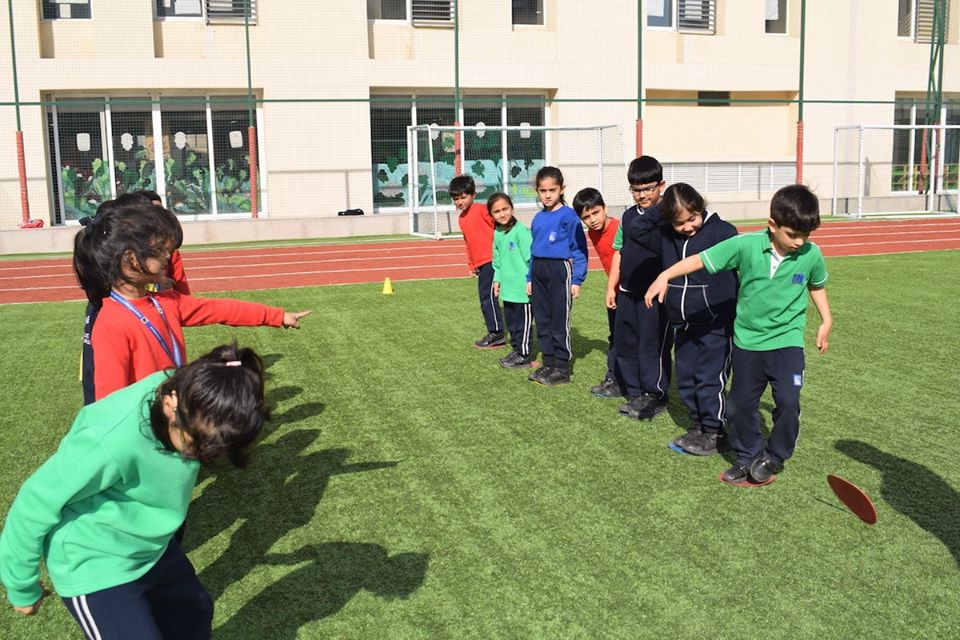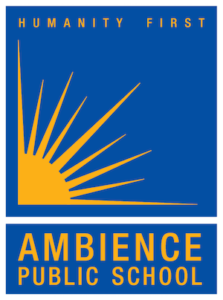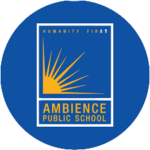Assessments
At Ambience School, the key element to assessments is ‘improvement’, an ongoing comprehensive evaluation process woven through the academic year of the school. Formative and summative assessments are used to these ends towards children’s development and learning.
Assessments are used to gather critical information about the student‘s development and growth. For each subject, the development of subject-specific skills is observed, assessed, measured, and reported using a rubric based system. It is a continuous process done in tandem with written assessments. Besides scholastic areas other developmental areas are co-scholastic and life skill development.
Co-scholastic covers areas such as information technology, visual arts, performing arts, physical education. Life skill development is an important aspect of education, especially during the growing years of a child. It equips the child with the necessary social and interpersonal skills that enable her to cope with the demands of everyday life.
Formative and Summative Assessment
The evaluation of a student at the school happens through both formative (FA) and summative assessment (SA) process.
It is said that “When the cook tastes the soup, it is a formative assessment of the soup but when the guests taste the soup, it is nothing but summative evaluation”.
While the common goal of assessment is to establish the development, strengths, and weaknesses of each student, each assessment type, formative, and summative provide a different kind of insight to our educators.

The Summative assessment (SA), conducted twice a year, aims to evaluate student learning and academic achievement.
Formative assessment, on the other hand, is more diagnostic in nature. It is used to monitor the student’s learning ability and gives ongoing feedback to both students and the educator to improve their learning. The objective is to let students know whether they have mastered an outcome or whether they require more practice.
Besides, written evaluation, assessment is also conducted through participation in-class activities, completion and quality of assignments, weekly worksheets, project work etc.
Assessment Policy
SCHOLASTIC AREAS
The Academic year comprised of two terms, Term 1 and Term 2. The school assessment policy for both the terms have been further elaborated below.
Foundational Stage
Pre-nursery to KG
- Formal assessments: includes standardized assessments that are done with the help of reflection sheets, quizzes, presentations, and show and tell.
- Informal assessments: includes evaluation is done through day to day observation of the child’s work in her natural settings.
Grade I & II
- For each subject, the development of subject-specific skills is observed, assessed, measured, and reported using a rubric based system. This is a continuous process and done in tandem with the written assessments.
Preparatory Stage
Grade III to V
- Includes class assignments, home assignments, skill-based activities, efforts, and written examinations.
Through class participation and activities, the following skills are measured and reported using a rubric based system:
- Language: Listening, speaking, reading, and writing.
- Environmental Studies: Knowledge and understanding of concepts, Application of knowledge, demonstration of curiosity, and displaying environmental responsibility.
Middle School
Grade VI to VIII
- Periodic tests: Unit tests 1 and 2.
- Classwork and homework.
- Subject enrichment.
- Half-yearly and annual exams.
Secondary School
Grade IX
- Periodic tests: Unit tests 1 and 2.
- Classwork and homework.
- Subject enrichment.
- Half-yearly and annual exams.
CO-SCHOLASTIC AREAS
For the holistic development of our students, co-scholastic areas play an important role in our curriculum.
The assessment is conducted in the following co-scholastic areas on a 4-point scale – (A: Excellent, B: Good, C: Satisfactory, D: Needs Improvement)
- Visual Arts – Art, Clay modeling
- Performing Arts – Music, Dance
- Physical Education
- Interest group
Students are graded for discipline on a 3-point scale. (A: Mostly, B: Sometimes, C: Rarely)
LIFE SKILLS
Life skill development is an important aspect of education, especially during the growing years of a child. It equips the child with the necessary social and interpersonal skills that enable her to cope with the demands of everyday life. At Ambience Public School, a child’s life skills are observed using different parameters of social and work habit development.

Location
Ambience Public School
Plot No.1, Opp. Golf Course Road, near DLF Phase 5, Sec 43, Gurugram-122002
E-Mail Us
For admission enquiries:
admissions@ambienceschool.com
For career enquiries:
careers@ambienceschool.com
Contact Numbers
+91 987 129 6479
+91 885 193 9160
0124 - 2574627
0124 - 2576627

